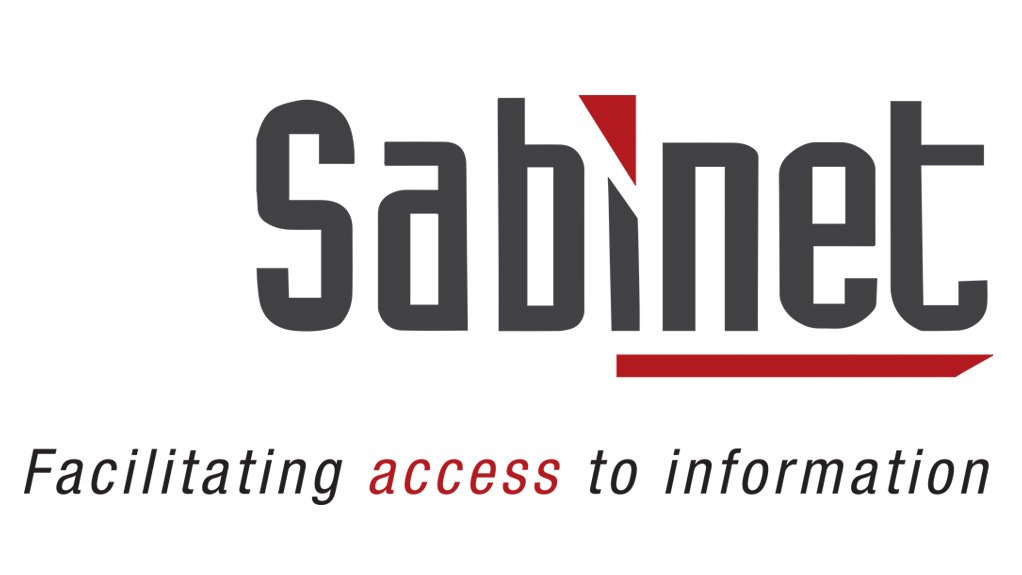In his keynote address at the African National Congress’s (ANC's) 111th celebration in Mangaung in early January 2023, President Cyril Ramaphosa said that basic service delivery is at the top of the party’s priorities for 2023.
The Constitution of the Republic of South Africa, 1996 states that municipalities have the responsibility to ensure that all citizens are provided with services to meet their basic needs. These include water supply, sewage collection and disposal, refuse removal, electricity supply, municipal health services, municipal roads and stormwater drainage, street lighting and municipal parks and recreation.
Local government consists of municipalities. There are 278 municipalities in South Africa, comprising eight metropolitan, 44 district and 226 local municipalities. Municipalities must structure and manage their administration, budgeting and planning processes to give priority to the basic needs of the community. They must promote the social and economic development of the community and participate in national and provincial development programmes.
At the heart of local government is the managing of finances to deliver services to the community. “Sound financial management is essential to the long-term sustainability of municipalities. The objective of the Municipal Finance Management Act, 2003 is to modernise municipal financial management in South Africa so as to lay a sound financial base for the sustainable delivery of services and reduce fraud, corruption and waste,” says Sanet Vos, Head of Product at Sabinet.
“Sabinet’s consolidated and up-to-date Financial Regulatory Instruments is a must-have for municipalities. It includes guidelines, standards and directives, as well as a weekly newsletter with all updates and amendments,” explains Vos.
Vos adds, “Municipal financial management involves managing a range of interrelated components: planning and budgeting, revenue, cash and expenditure management, procurement, asset management, reporting and oversight. Each component contributes to ensuring that expenditure is developmental, effective and efficient.”
The Municipal Finance Management Act, 2003 together with the Municipal Structures Act, 1998; the Municipal Systems Act, 2000; the Municipal Property Rates Act, 2004; and the Municipal Fiscal Powers and Functions Act, 2007, set out frameworks and key requirements for municipal operations, planning, budgeting, governance and accountability.
Sabinet’s integrated solution provides streamlined access to Financial Regulatory Instruments as issued by the South African Reserve Bank and the Financial Sector Conduct Authority. This service simplifies regulatory compliance for the Finance Sector and includes Guidelines, Standards and Directives, as well as a weekly newsletter with all updates and amendments.
“Regulatory instruments are not always disclosed in Government Gazettes which is why Sabinet’s product is important for municipalities to ensure full compliance. The Regulatory Instruments are also linked to relevant legislation, providing essential information to municipalities, where compliance is crucial.”
EMAIL THIS ARTICLE SAVE THIS ARTICLE ARTICLE ENQUIRY
To subscribe email subscriptions@creamermedia.co.za or click here
To advertise email advertising@creamermedia.co.za or click here











